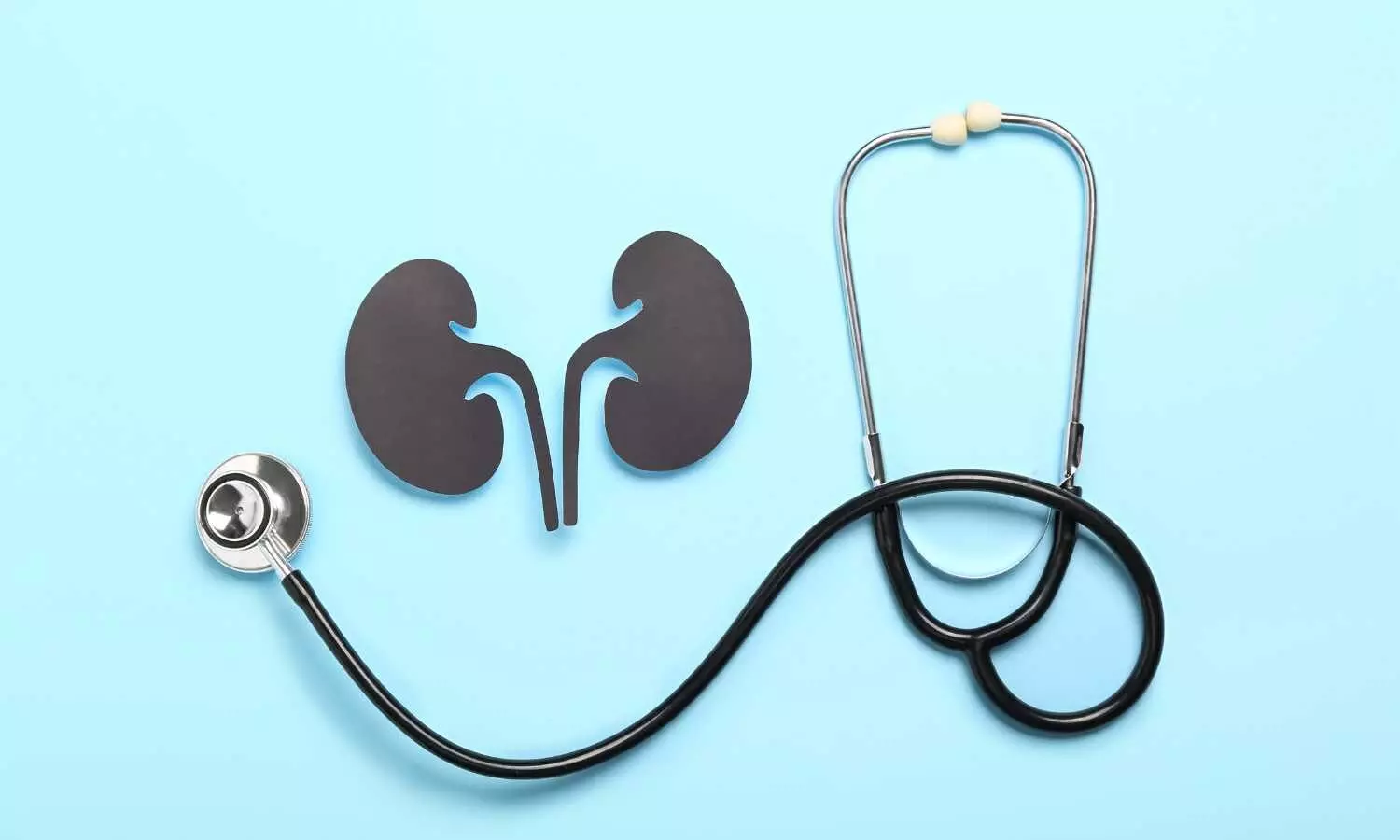Even Mild Aldosterone Increase Linked to Hypertension and Kidney Disease Risk: Study
- byDoctor News Daily Team
- 15 September, 2025
- 0 Comments
- 0 Mins

A new research published in theAmerican Journal of Hypertensionrevealed that even modest elevations in plasma aldosterone may significantly increase the risk of uncontrolled hypertension (HTN) and chronic kidney disease (CKD). This finding challenges previous assumptions that only markedly high aldosterone levels pose clinical concern. Clinicians have associated elevated aldosterone levels exceeding 15 ng/dL with increased risk of HTN and CKD, particularly when accompanied by low renin activity. However, this study used the TriNetX Dataworks-USA Network of electronic medical records, and investigated whether lower thresholds of aldosterone could also signal increased health risks. This research examined records from 1,334 adult patients spanning 2013 to 2023 who had low plasma renin activity (≤1 ng/mL/h) within the year prior to their aldosterone measurement. Systolic blood pressure (SBP) readings within 12 months after aldosterone assessment were analyzed to determine uncontrolled HTN prevalence, defined as SBP ≥130 mmHg. CKD prevalence was assessed using clinical diagnosis or an estimated glomerular filtration rate (eGFR) below 60 mL/min/1.73m². The patients were stratified into groups based on plasma aldosterone levels: ≥5 ng/dL, ≥10 ng/dL, and ≥15 ng/dL. The analysis found individuals with aldosterone ≥5 ng/dL had twice the odds of experiencing uncontrolled HTN when compared with the individuals below this threshold (adjusted odds ratio [aOR] 2.01; 95% CI: 1.38–2.92; p<0.001). The risk remained elevated across higher aldosterone categories, confirming a consistent association between rising aldosterone and blood pressure dysregulation. The patients with aldosterone levels ≥10 ng/dL expressed a 49% higher risk of CKD when compared with the patients under 10 ng/dL (aOR 1.49; 95% CI: 1.15–1.92; p<0.001). Elevated CKD risk persisted in patients with aldosterone ≥15 ng/dL, illuminating the hormone’s role in kidney function beyond the previously recognized thresholds. The study cohort had a mean age of 59 years and was predominantly female (55.9%). These findings collectively suggest that clinically significant aldosterone dysregulation can occur at lower plasma concentrations than traditionally recognized. Moreover, even modest increases in aldosterone, when paired with low renin activity, are linked to both uncontrolled hypertension and higher prevalence of CKD, which indicates the importance of early detection and management. Overall, this suggest these results could influence future clinical practice by encouraging earlier screening for aldosterone dysregulation in patients with borderline blood pressure or early signs of kidney impairment. This research highlights the expanding understanding of aldosterone’s role in health and disease. Townsend, R. R., Agiro, A., Luan, S., Brzozowski, K., Moyneur, E., Tetreault-Langlois, P., & Huang, J. (2025). Risk of hypertension and chronic kidney disease following aldosterone dysregulation. American Journal of Hypertension.https://doi.org/10.1093/ajh/hpaf183
Disclaimer: This website is designed for healthcare professionals and serves solely for informational purposes.
The content provided should not be interpreted as medical advice, diagnosis, treatment recommendations, prescriptions, or endorsements of specific medical practices. It is not a replacement for professional medical consultation or the expertise of a licensed healthcare provider.
Given the ever-evolving nature of medical science, we strive to keep our information accurate and up to date. However, we do not guarantee the completeness or accuracy of the content.
If you come across any inconsistencies, please reach out to us at
admin@doctornewsdaily.com.
We do not support or endorse medical opinions, treatments, or recommendations that contradict the advice of qualified healthcare professionals.
By using this website, you agree to our
Terms of Use,
Privacy Policy, and
Advertisement Policy.
For further details, please review our
Full Disclaimer.
Recent News
Merck Keytruda wins European Commission nod for lo...
- 30 October, 2025
UP NEET 2025 round 3 allotment results postponed
- 30 October, 2025
Achin Gupta to succeed Umang Vohra as Cipla MD, GC...
- 30 October, 2025
Mumbai shocker: KEM Hospital doctor stabbed by col...
- 30 October, 2025
Daily Newsletter
Get all the top stories from Blogs to keep track.


0 Comments
Post a comment
No comments yet. Be the first to comment!